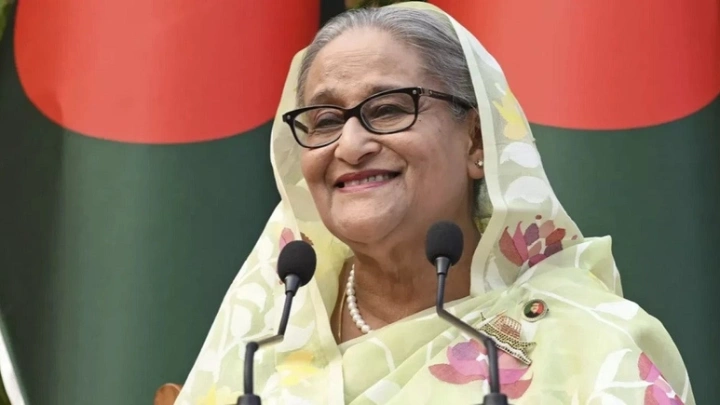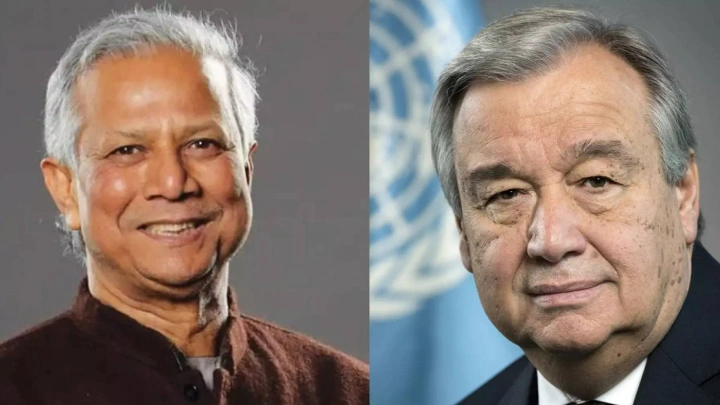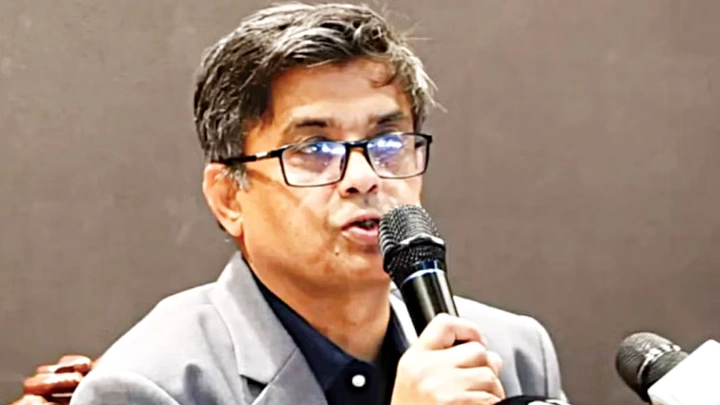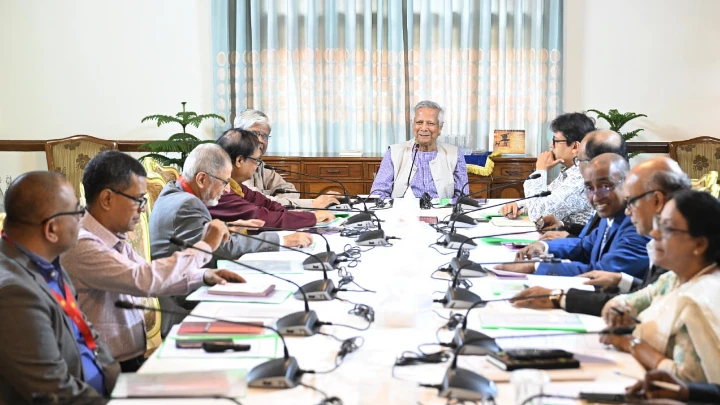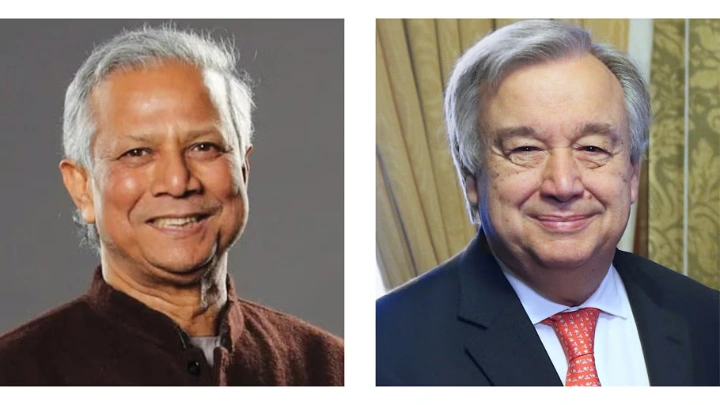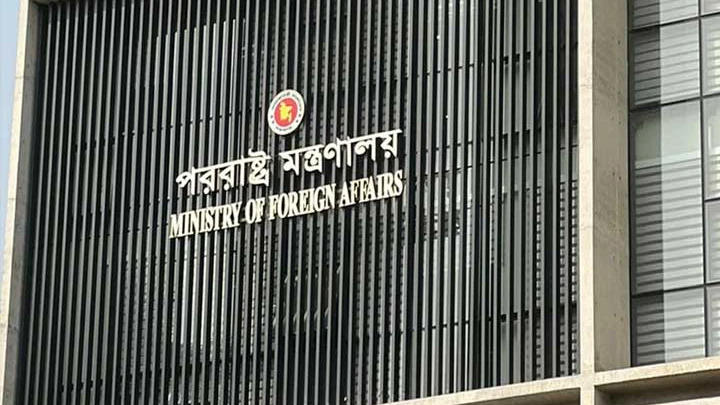Bangladesh’s progress is not a miracle, it’s the result of strategic policymaking: PM in WhiteBoard interview
UNB || Shining BD
In an in-depth interview with WhiteBoard, Prime Minister Sheikh Hasina outlined the significance of policy research for future governance, emphasizing how the successful implementation of Bangladesh’s 12-year-long Perspective Plan showcased the power of strategic, long-term planning. She attributed the nation’s progress to the diligent execution of this long-term agenda, a stark contrast to the empirical approach lacking in previous administrations.
“When my administration took charge in 2009, we were quick to prepare the plans for different time spans. The 12-year long-term plan we called the Perspective Plan and it served as a future-bound reference tool for shorter-term plans,” said the PM.
She detailed her administration’s policy design process: “At the onset, we carry out a needs analysis; then, we chart out policies into three timelines: present, mid-term, and long-term.”
Reflecting on her time in incarceration by the military-controlled government in 2007, Hasina shared, “I used the prison time to devise the next development plan for Bangladesh. I set time-bound targets on indicators like literacy, nutrition, income, and healthcare. The skeleton for a long-term plan was developed during my imprisonment.”
“This policy design strategy was put to the test because my administration was still around for the next 12 years. By 2021, the policy design had yielded successful results for Bangladesh,” added the premier, pointing out a lesson for future policymakers.
Future policymakers should understand that Bangladesh has progressed as a result of strategic policy-making. “Its progress is not a miracle. There is a formula that combines local know-how, flexibility, a progressive vision and long-term planning, all backed by policy research,” Sheikh Hasina said in the WhiteBoard interview.
“Our policymakers have to factor in issues like our strategic location, our topography, our people’s needs, our history, our environment and our resources. A foreign prescription for development never works.”
“Foreign dependency has been reducing, and this is because of a deliberate approach by my administration. This kind of dependency was deep-rooted and to change this culture we had first to change the mindset. In this effort, you have to start viewing yourself as an equal. These issues need to be tackled in a nuanced way. Political leadership and money play a big role here,” she said.
On how she reduced donor dependency, the Prime Minister said, “When other administrations formulated a budget for development projects, the lion’s share would come from foreign financing. Their fiscal policy was essentially ‘donor-dependent.’
“On top of this, public spending capacity was miniscule. I flipped this policy by rejecting foreign-borrowed money that makes us dependent.”
Shining BD

